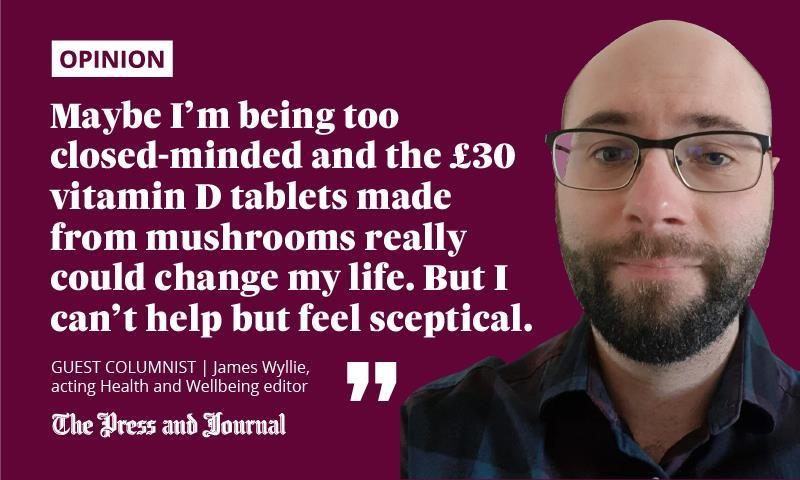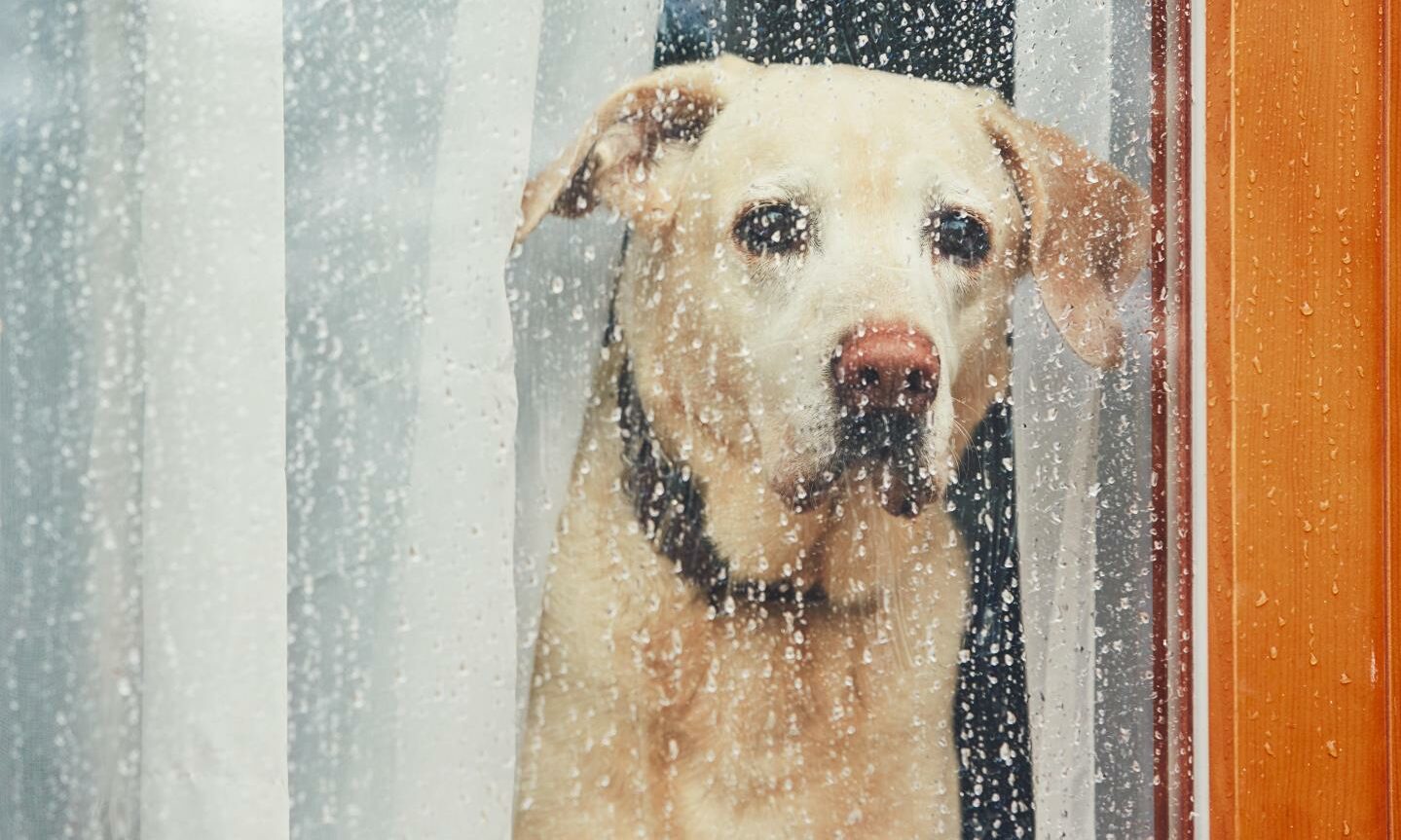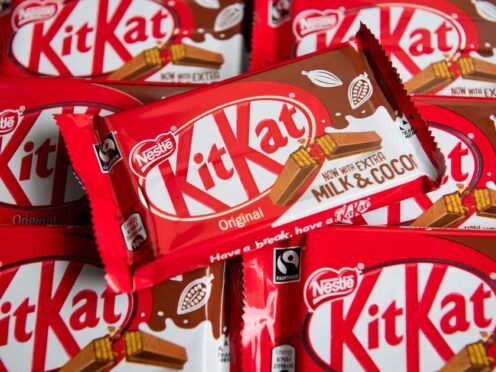January can be a depressing month for all sorts of reasons – but to single out one specific day as the “most depressing” is utter nonsense.
The entire concept of Blue Monday stemmed from a poorly-thought through ad campaign to leverage people’s mental health and hawk some products.
And, in the 17 years since, not much has changed.

In the last week alone, I’ve had emails land in my inbox from all sorts of PR companies trying to flog their exclusive remedies to beat the January blues.
Maybe I’m being too closed-minded and the £30 vitamin D tablets made from mushrooms really could change my life. But I can’t help but feel sceptical.
Blue Monday’s incredible conception
On the face of it, you could be fooled into thinking there’s some scientific merit to the whole thing.
You take things like people’s debt levels, sunlight hours, and the time since they broke their new year’s resolutions and plug them all into some ridiculous formula. Out the other end, as if by magic, pops the third Monday in January.
At least, that’s how it was framed by a certain travel agency in 2005, which actually commissioned someone to devise this pseudoscience.
And wouldn’t you know, that specific date just happens to be the perfect time to book a holiday. What a coincidence.
Feeling sad? Maybe you’re a little lost and desperate for a solution to life’s problems? Give us all your money. Simple.
Even pets aren’t immune from the predatory cash-grab
There are some situations where throwing money at a problem could well cause it to go away, but trying to turn poor mental health into a cash-grab just feels predatory.
My favourite email pitch so far has been from a pet insurance firm, speaking about how sensitive our furry friends can be to our moods.
But, it then warns how, if we don’t love our pets enough, they’ll get depressed – and you don’t want that to happen to little Fido, do you?
You’d best fork out for a new health plan that’ll cover the costs of an animal behaviour expert.
If companies really cared they would do more for people
You can feel down or depressed any day of the year, and there’s no magic cure-all. Targeting one specific day – especially one that’s been plucked from thin air – is totally pointless.
Yes, there’s merit in raising awareness of mental health struggles, and sharing tips for taking care of yourself when you’re low will always be appreciated. But doing that and also trying to make a quick buck the way many companies now are rings hollow and shows a fundamental misunderstanding of how sadness works.
I particularly like Samaritans’ initiative of Brew Monday – encouraging people to meet up for “a cuppa and a catch up” instead of turning to retail therapy.
If there are commercial companies out there which genuinely care for people’s mental health, perhaps supporting a cause like this could be the way forward. They could ask their staff to take part, maybe even giving them some time away from their desks to do so. Or, find a way to offer them money off an in-person meet-up at a local cafe.
Sure, they might miss out on some sales of their £25 sleeping pills. But, if they’re really only pushing these products to improve the public’s mental health, then surely it’s a worthwhile sacrifice, right?
James Wyllie is acting health and wellbeing editor for The Press & Journal













